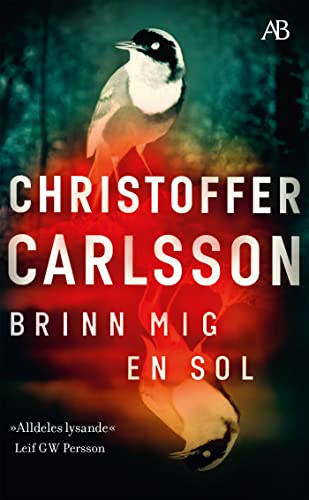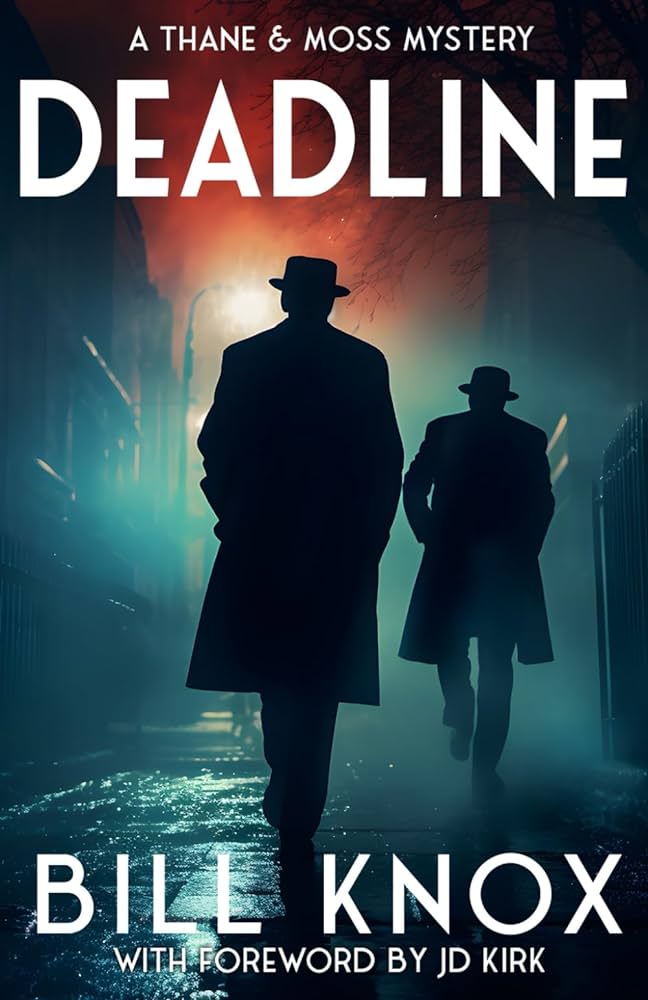We went into Waterstones. For fun, as Daughter put it.
What she really wanted to do was check out their boardgames.
Meanwhile I looked at their fantasy nook. I could always buy myself a new Terry Pratchett, and preferably not one on the list Daughter and the Resident IT Consultant carry round with them. (I live in hope for my birthday.) But while they had half a dozen or so, none of them were ones I needed.
Stepped sideways to the next nook. The one housing crime. The new Sara Paretsky was published – in the UK – on Thursday. I already have my copy, but wanted to see if they did too. They didn’t. And after a while I worked out why. They don’t seem to stock any hardbacks. They are – as I frequently complain about – so very large. I’d say they wouldn’t fit on the shelves.
It’s an interesting concept, though. Can you really not sell a book when it’s first out, but expect your customers to wait for the paperback? I suppose they’ll say you can order it to collect, bypassing the shelves.
Some new hardbacks were displayed near the doors, on tables, where I spied Percival Everett’s novel, James. I pointed meaningfully at it as we passed. But no Pay Dirt.






